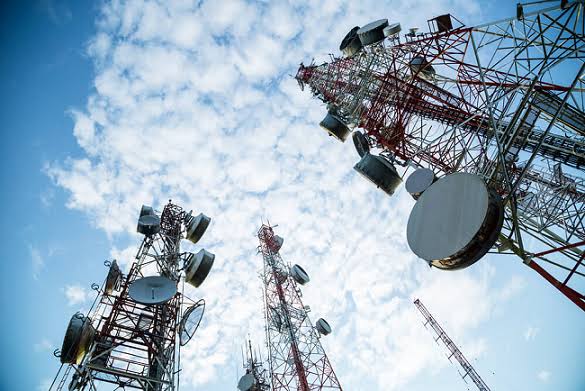Nigerians will soon benefit from a unified set of shortcodes for telecoms services across all network providers, based on a recent industry development prompted by a Nigerian Communication Commission regulation (NCC).
The Association of Licensed Telecom Operators of Nigeria (ALTON), which represents network operators in Nigeria, has announced the start of harmonized short codes across all networks in response to the NCC’s regulatory modernization drive.
Gbenga Adebayo, ALTON’s chairman, spoke. The association says standardized shortcodes will streamline industry operations, make it easier for Nigerians to remember a single code for a range of services across all networks, and establish a regulatory framework that follows worldwide best practices.
Read also: Clickatell partners with CBN to expand eNaira services
NCC rolling out shortcodes
According to the Nigerian Communications Commission (NCC), network providers have started deploying short codes. Subscribers had time to adjust. “We believe this will improve the consumer experience on the network.”
As part of the shortcode harmonization process, the standard short codes users use must be the same across all networks. Simply put, the same function can be carried out across all mobile networks using the same codes.
According to Adebayo, the old and new common codes will operate simultaneously throughout the migration period, which will end on May 17, 2023, after which the old codes will be discontinued.
These are the proposed harmonized shortcodes:
Call Center/Help Desk: 300
Voice Mail Deposit: 301
Voice Mail Retrieval: 302
Borrow Services:303
STOP Services:304
Check Balance: 310
Credit Recharge: 311
Data Plan: 312
Shared Services:321
Data Plan Balance: 323
Verification of SIM Registration/NIN-SIM Linkage: 996
Porting Services (MNP):2442
The NCC may allow a shortcode between ALTON and security services like the Nigeria Police Force (NPF) to help citizens amid security emergencies.
Views on the shortcodes
System-specific
Before its adoption, every network provider had a shortcode for services Nigerians use daily.
This may also require them to recharge their phones, renew their data contracts, pay their bills, transfer money, and possibly even contact customer service.
These shortcodes would give Nigerians access to a single system for their daily needs and services, irrespective of the network provider they select to utilize.
Service improvement
Shortcodes benefit Nigerians by providing tailored customer service. Shortcodes were once network-provider-specific and less particular.
For those who lack the patience to wait until their immediate requirements are addressed, the procedure might be redundant and time-consuming if a code promotes a list of services in which the customer has no interest.
A universal code allows Nigerians to access a certain service quickly.
Simplicity and ease
There are various advantages to using service-specific shortcodes rather than memorizing a long list of network provider codes. It’s possible that users of a variety of network providers will occasionally be required to guess a code.
The standardized shortcodes for all networks allow customers to communicate successfully with network providers and create a record that is simple to store and retrieve at any time.
Nigerians can only hope that the policy change does not result in poor service delivery and unnecessary struggle to tackle one of their biggest problems dealing with network providers. The shortcode’s efficacy is unknown.
